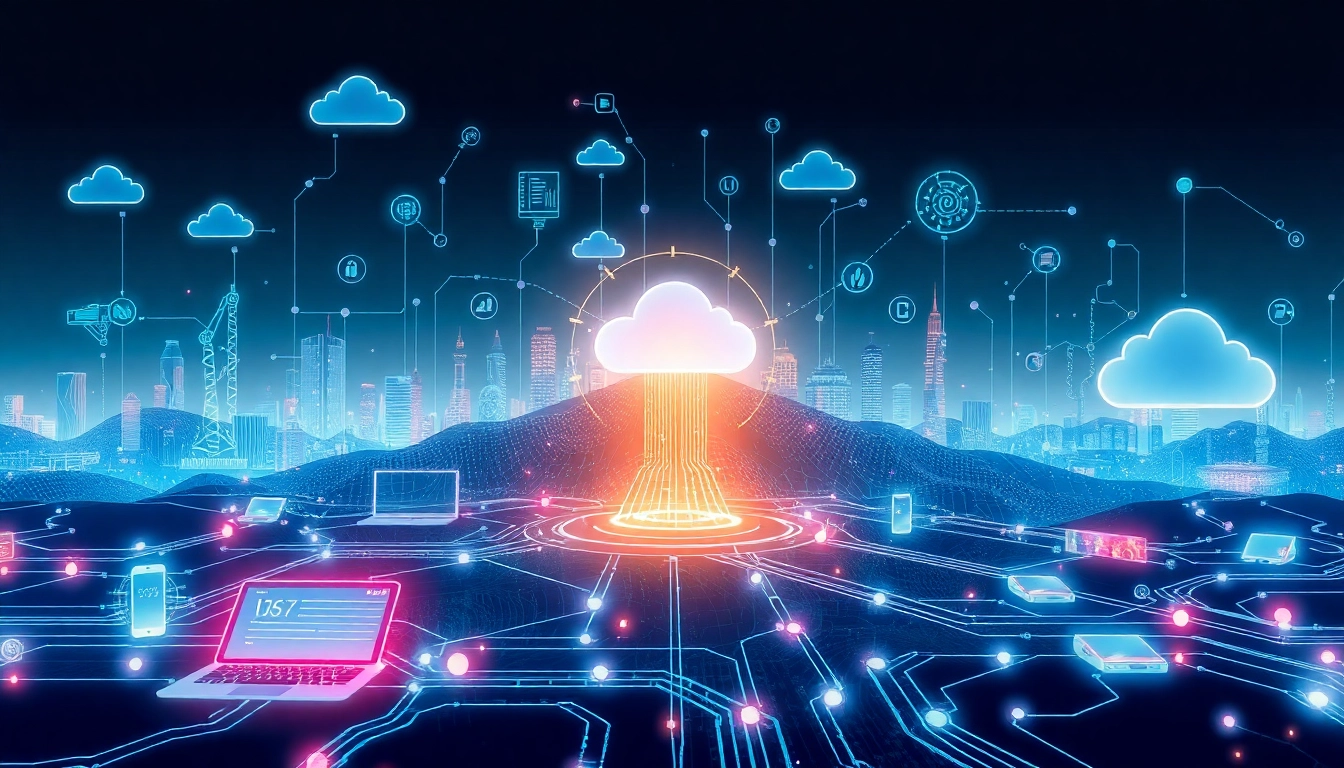Technology Explained: Definitions, Types, and Future Trends

In today’s rapidly evolving world, technology is the driving force behind almost every aspect of our lives. From how we communicate and work to how we manage health and environment, technology shapes our present and defines our future. Understanding what technology truly means, its main types, and emerging trends is essential for anyone eager to stay informed in this digital age. This comprehensive guide explores the depths of technology, its transformative impact, and what lies ahead in the realm of innovation.
What Is Technology? A Complete Definition and Overview
Understanding Technology: Basic Concepts
At its core, technology refers to the collection of tools, systems, and processes developed by humans to solve problems, improve life, and achieve specific goals. It encompasses everything from simple stone tools used thousands of years ago to complex algorithms powering today’s artificial intelligence. Essentially, technology is the practical application of scientific knowledge to create solutions that enhance efficiency and productivity.
The true meaning of technology extends beyond gadgets; it includes methodologies, techniques, and innovations that drive progress across industries and societies. It bridges the gap between scientific discoveries and real-world applications, enabling us to adapt and thrive in a constantly changing environment.
Historical Evolution of Technology
Technology’s history is a testament to human ingenuity. It began with primitive tools like fire and stone implements, progressing through the Agricultural Revolution, Industrial Revolution, and into the digital era. Each phase marked significant technological advancements—such as the printing press, electricity, and the internet—that reshaped societies.
Today, technological evolution is faster than ever, driven by exponential growth in computing power and connectivity. This rapid pace fosters continuous innovation, making the future of technology both exciting and unpredictable.
Key Characteristics of Modern Technology
- Innovation-driven: Constantly evolving to meet new challenges.
- Interconnectivity: Increasingly integrated through networks like the internet.
- Automation: Replacing manual tasks with machines and algorithms.
- Data-centric: Relying heavily on data analysis to inform decisions.
- Sustainable: Focusing on green tech to reduce environmental impact.
Types of Technology: Categories and Examples
Information and Communication Technology (ICT)
ICT encompasses all devices and systems used for storing, retrieving, transmitting, and manipulating data. Examples include computers, smartphones, cloud computing, and broadband networks. These technologies have revolutionized global communication, enabling instant connectivity and information sharing across borders.
Biotechnology and Medical Technology
Advancements in biotech involve genetic engineering, nanotechnology, and regenerative medicine. Medical tech includes diagnostic devices, telemedicine, robotic surgeries, and wearable health monitors. These innovations improve healthcare outcomes and extend lifespan.
Industrial and Manufacturing Technologies
This category includes automation systems, robotics, 3D printing, and smart factories. These technologies enhance production efficiency, precision, and safety, transforming traditional industries into advanced, Industry 4.0 environments.
Emerging Trends and Future of Technology
Artificial Intelligence and Machine Learning
AI and ML are at the forefront of technological innovation. They enable machines to learn from data, adapt, and perform complex tasks—ranging from language translation to autonomous driving. As these technologies mature, they promise to revolutionize sectors like finance, healthcare, and entertainment.
Quantum Computing and Blockchain
Quantum computing offers unprecedented processing power, solving problems impossible for classical computers. Blockchain ensures secure, transparent transactions, underpinning cryptocurrencies and decentralized applications. Combined, they have the potential to reshape cybersecurity, finance, and data integrity.
Green and Sustainable Technologies
With climate change concerns mounting, green tech focuses on renewable energy, energy-efficient devices, and carbon capture. Innovations such as solar and wind power, electric vehicles, and smart grids aim to create a sustainable future.
Impact of Technology on Society and Economy
Transformations in Daily Life and Work
Technology has profoundly transformed daily routines—smartphones, online shopping, remote work, and digital entertainment are now commonplace. Automation and robotics streamline manufacturing and logistics, reducing costs and increasing productivity.
Challenges and Ethical Considerations
Rapid technological growth raises ethical questions around privacy, cybersecurity, and job displacement. Responsible innovation and regulation are crucial to ensure technology benefits society without compromising moral standards.
Global Digital Divide and Accessibility
Despite advancements, disparities remain. Bridging the digital divide involves expanding internet access and digital literacy, ensuring equitable opportunities worldwide.
Future Tech Trends and Insights
Innovation in Technology
Innovation drives the continual emergence of new tech solutions. From smart cities to personalized medicine, innovative thinking is key to addressing global challenges.
How Is Technology Shaping Our Future?
Technology will increasingly integrate into our lives—augmented reality, IoT devices, and AI will create more personalized, efficient, and sustainable environments. The future will see smarter cities, autonomous vehicles, and enhanced human capabilities.
Current Trends in Technological Innovation
- Growth of AI and automation
- Advances in quantum computing
- Expansion of renewable energy tech
- Development of 5G and beyond
- Rise of edge computing and IoT
How Does Technology Impact Society Today?
Today, technology influences almost every facet of society: education, healthcare, economy, governance, and social interactions. It fosters connectivity, democratizes information, and accelerates innovation. However, it also presents challenges like data privacy concerns and ethical dilemmas.
FAQs about Technology
What is the definition of technology?
Technology is the practical application of scientific knowledge to develop tools, systems, and processes that solve problems and improve human life.
How does technology influence our daily lives?
It enables communication, enhances productivity, improves healthcare, and provides entertainment, making everyday tasks more efficient and connected.
What are the latest trends in technology?
Current trends include artificial intelligence, machine learning, quantum computing, green tech, IoT, and advancements in automation and robotics.
How can I stay updated on technological advancements?
Follow reputable tech news websites, subscribe to industry newsletters, participate in webinars, and engage with online communities and forums dedicated to technology.
What are the ethical concerns surrounding new technologies?
Concerns include privacy violations, data security, job displacement, AI bias, and the responsible use of emerging tech. Ethical frameworks and regulations are vital to address these issues.
Conclusion
Understanding the multifaceted world of technology is essential in today’s digital-driven society. From its historical roots to cutting-edge innovations like AI and green tech, technology continuously reshapes our world. Staying informed about emerging trends and ethical considerations ensures we can leverage these advancements responsibly. To explore more about the latest in tech and how it can benefit you, visit TechDee—your gateway to in-depth tech insights and updates.


